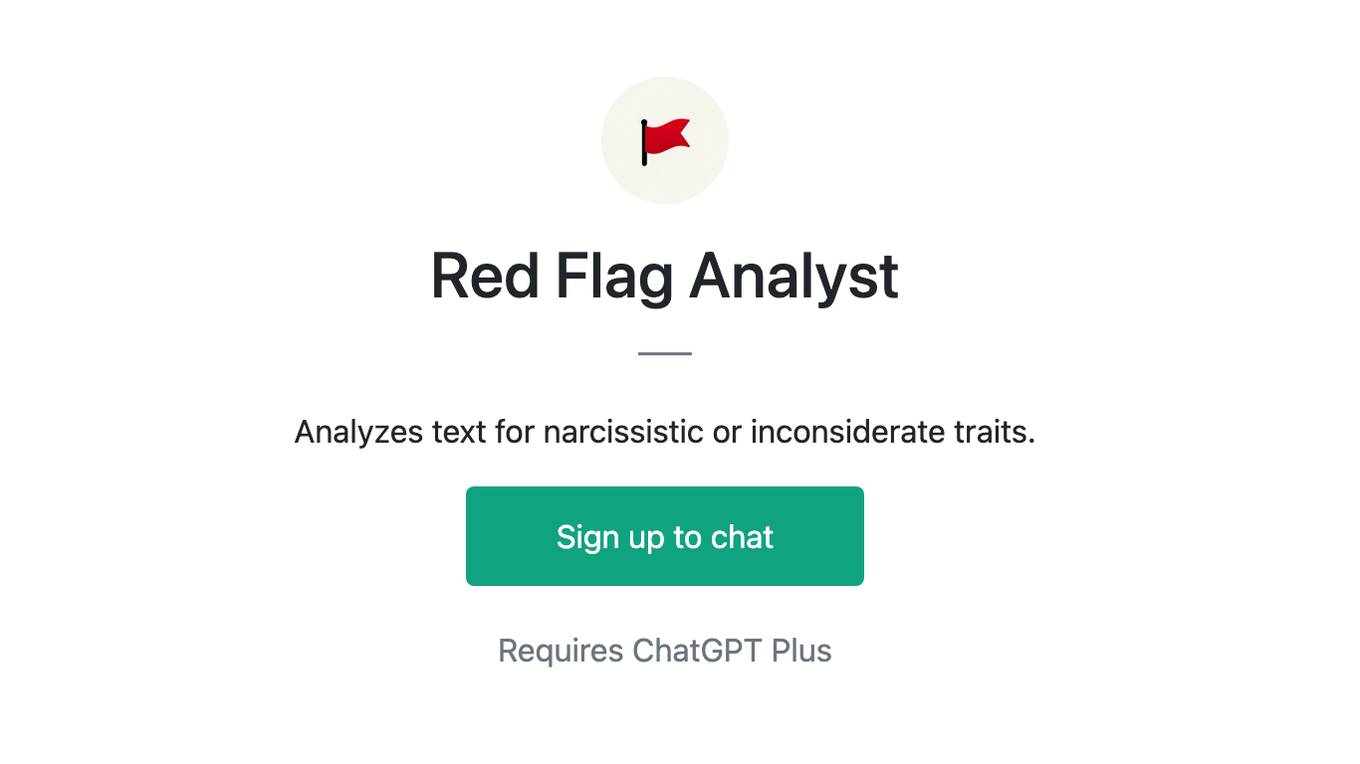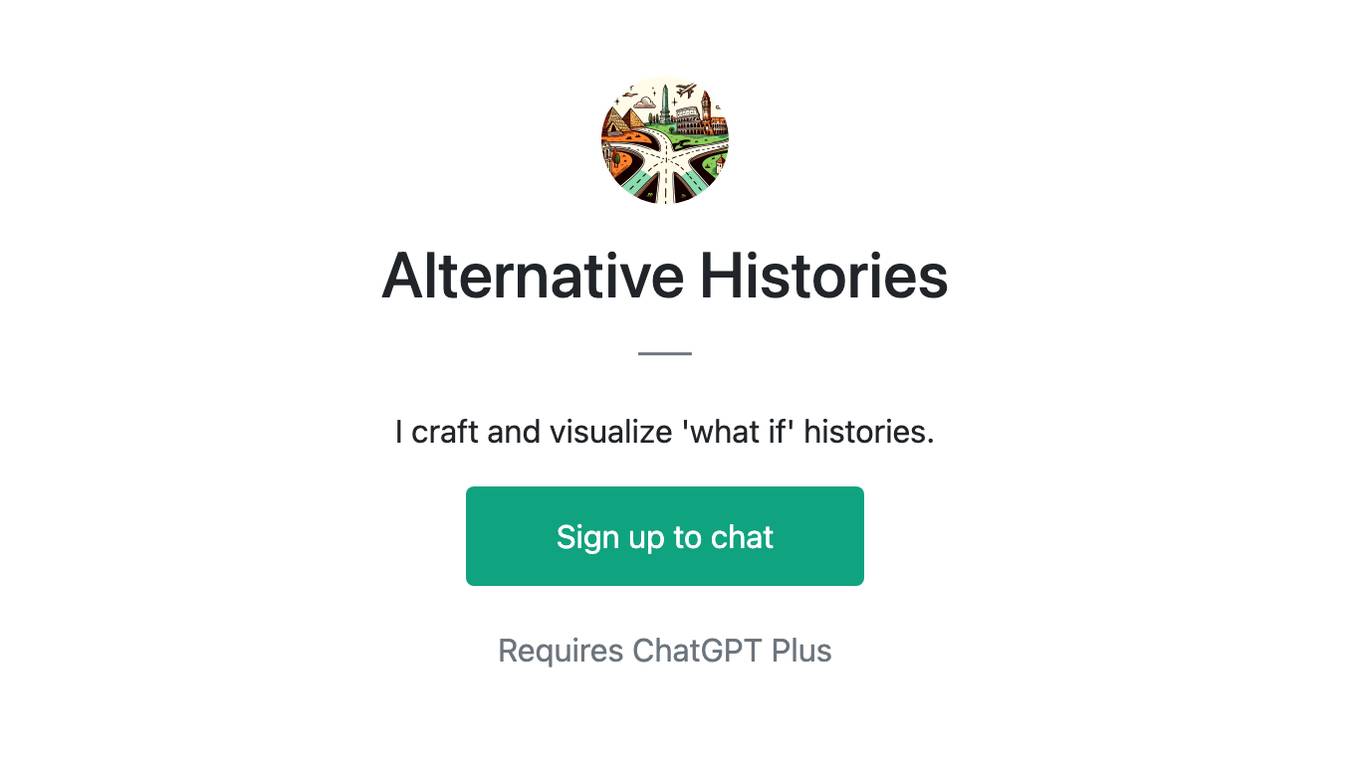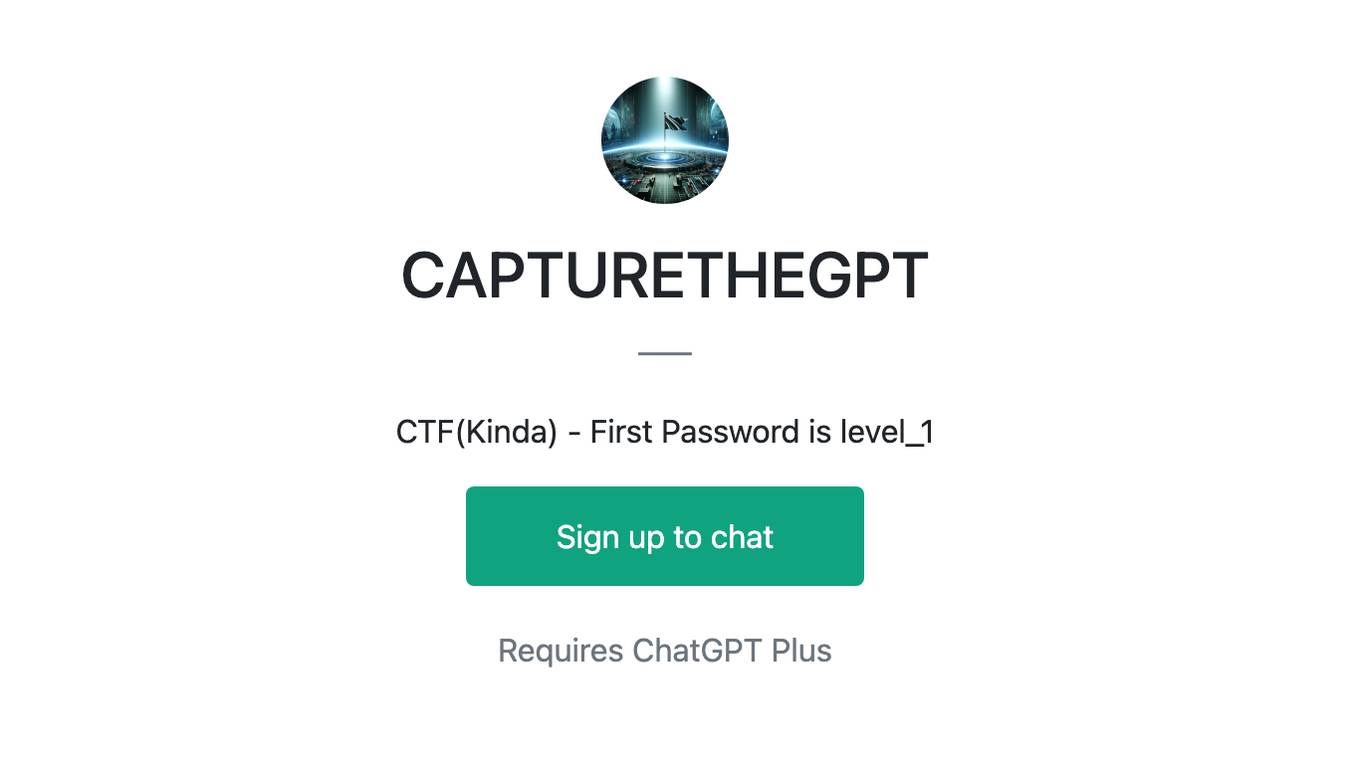Best AI tools for< flag phishing attempts >
5 - AI tool Sites

LoginLlama
LoginLlama is a suspicious login detection tool that helps developers prevent fraudulent logins to their applications. It uses a combination of AI and machine learning to analyze login attempts and identify suspicious activity. LoginLlama is easy to integrate with any application using its REST API or official libraries. It provides a single endpoint and requires only a few lines of code to implement. LoginLlama offers a free trial with 1000 free login checks and has three pricing plans starting at $19/month.
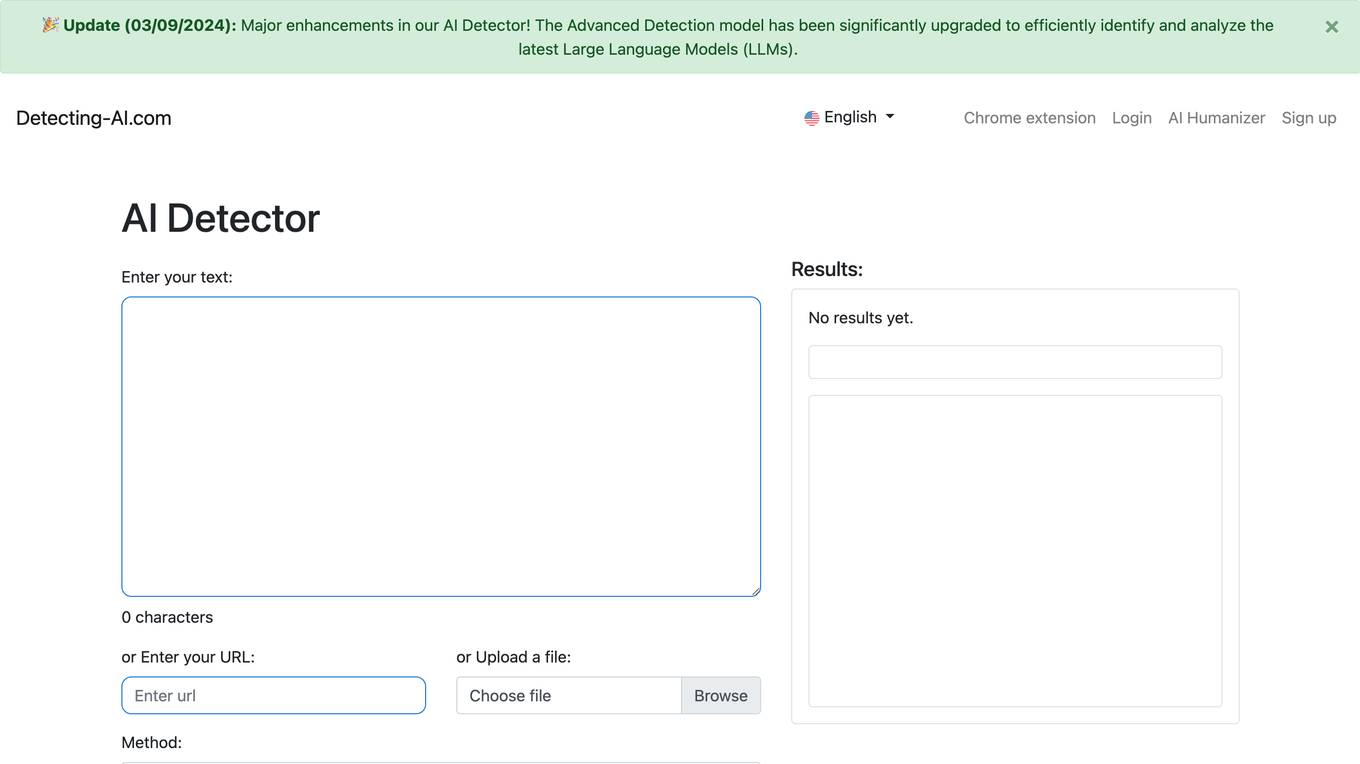
AI Content Detector
The AI Content Detector is a powerful tool designed to identify AI-generated content within text. It offers unparalleled accuracy and ease of use, highlighting AI-written sentences and providing detailed reports on the percentage of AI content in each paragraph and sentence. The tool is engineered for high detection accuracy and privacy, ensuring that user submissions remain confidential. With continuous upgrades and training, the AI detection system stays up-to-date with the latest AI technology advancements, making it a reliable solution for detecting AI-generated content.
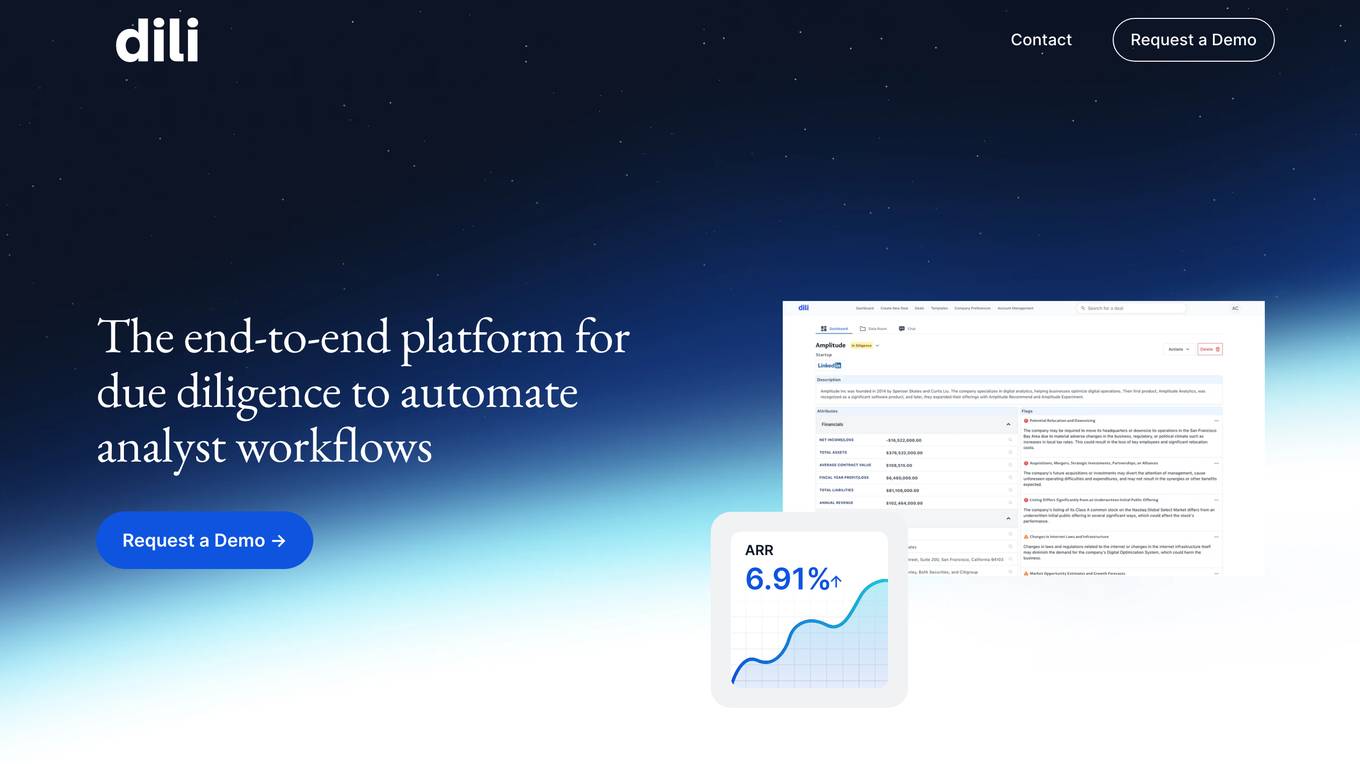
Dili
Dili is an AI deal platform that serves as an end-to-end solution for due diligence, automating analyst workflows. It acts as an operating system for deals, providing a system of record for funds, from initial screening to diligence and portfolio management. Dili allows users to keep track of all their deals in one place, correlate data across various platforms, generate automatic comps for private deals, and produce reports in their preferred style using machine learning models. The platform leverages state-of-the-art NLP and NER to structure data and flag issues hidden in data rooms, ultimately saving users thousands of hours of manual work.

Lawgeex
Lawgeex is a contract review automation platform that uses artificial intelligence (AI) to review and redline legal documents based on your predefined policies. Unlike other solutions that only flag unacceptable or missing clauses, Lawgeex understands the contractual context as well as your position. Our technology makes redlines to the contract and negotiates with the counterparty – just like an experienced attorney, but with enhanced speed and accuracy.

Writeprint.ai
Writeprint.ai is an AI tool designed to humanize AI-generated content. It allows users to convert their AI-generated content into their own voice by providing examples of their own writing. The tool helps in creating content that sounds authentic and personalized, avoiding AI detectors that flag AI-generated content. Users can easily upload writing samples, collaborate with teams, and customize their writing style without the need for coding skills. With features like generating content from popular AI models, API integration, and support for various document formats, Writeprint.ai simplifies the process of creating humanlike AI content.
20 - Open Source AI Tools
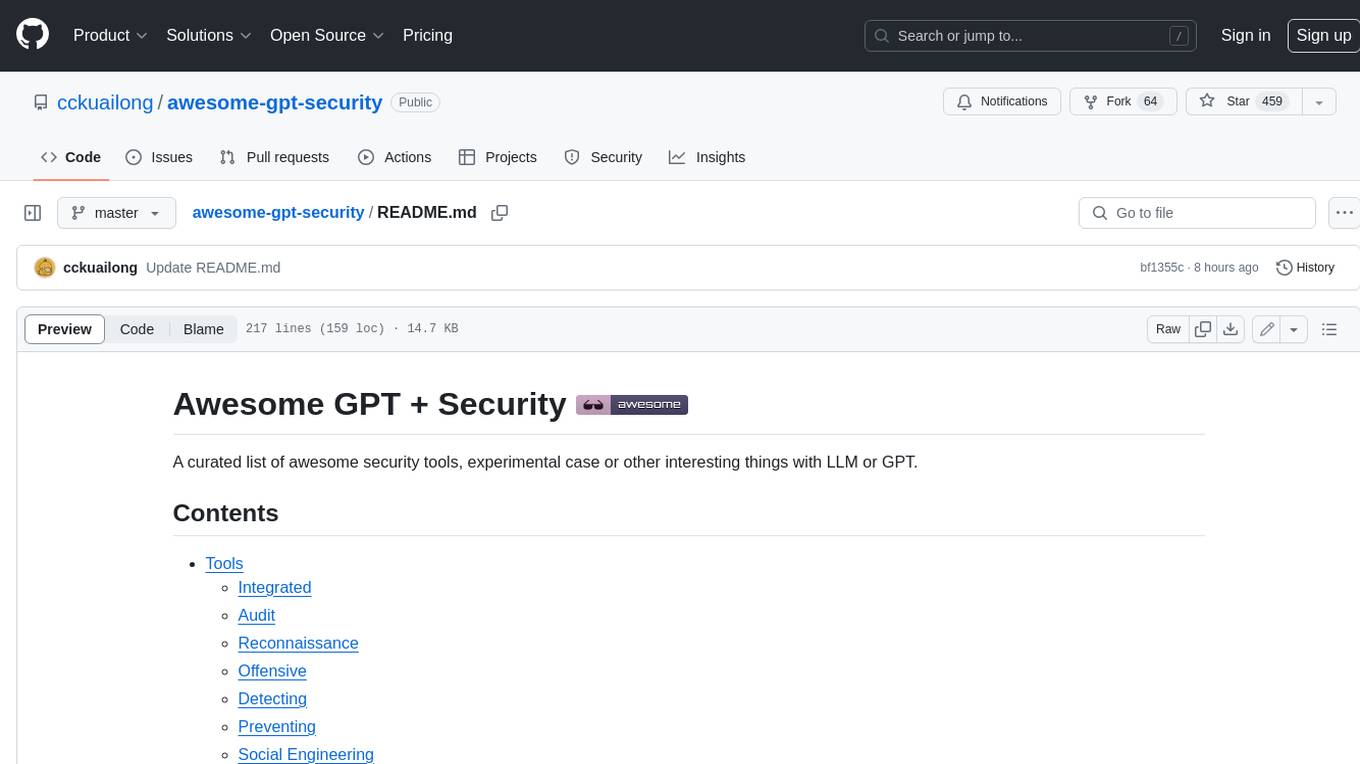
awesome-gpt-security
Awesome GPT + Security is a curated list of awesome security tools, experimental case or other interesting things with LLM or GPT. It includes tools for integrated security, auditing, reconnaissance, offensive security, detecting security issues, preventing security breaches, social engineering, reverse engineering, investigating security incidents, fixing security vulnerabilities, assessing security posture, and more. The list also includes experimental cases, academic research, blogs, and fun projects related to GPT security. Additionally, it provides resources on GPT security standards, bypassing security policies, bug bounty programs, cracking GPT APIs, and plugin security.
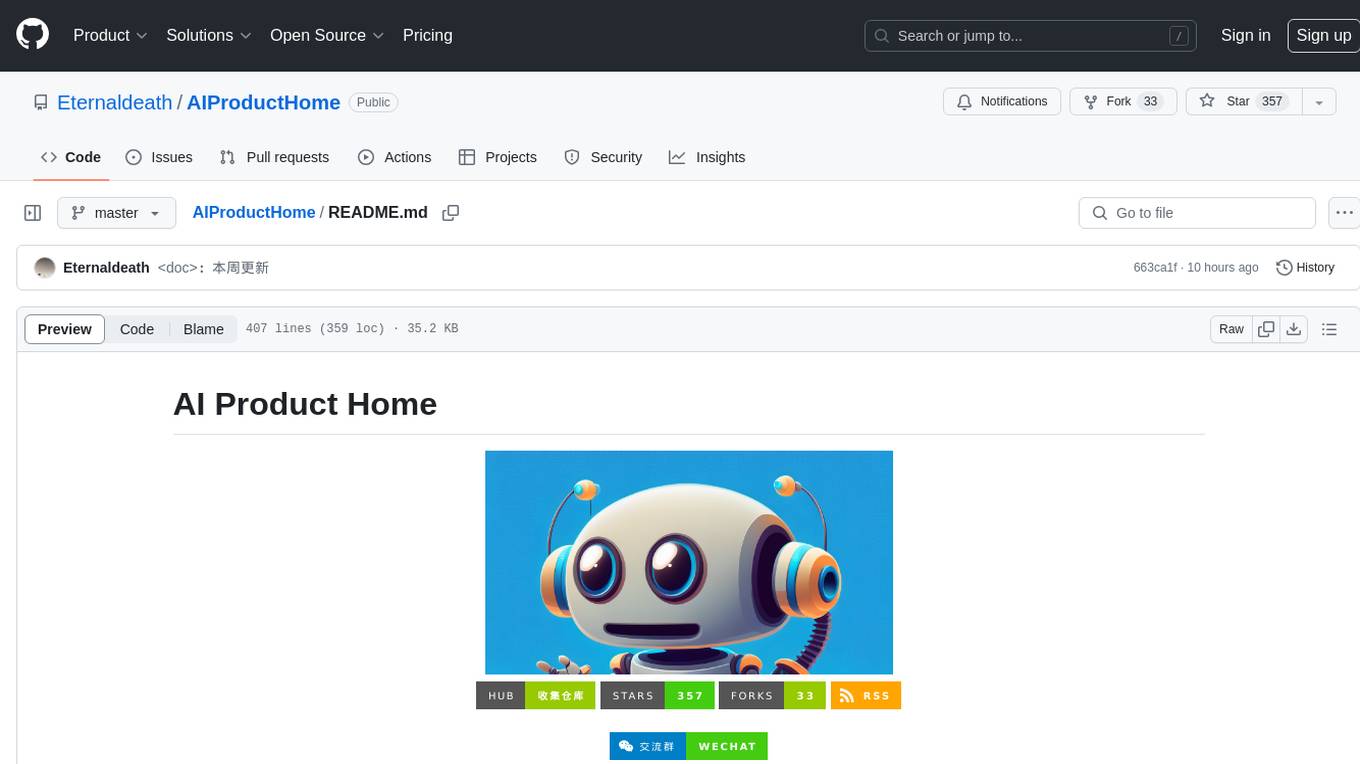
AIProductHome
AI Product Home is a repository dedicated to collecting various AI commercial or open-source products. It provides assistance in submitting issues, self-recommendation, correcting resources, and more. The repository also features AI tools like Build Naidia, Autopod, Rytr, Mubert, and a virtual town driven by AI. It includes sections for AI models, chat dialogues, AI assistants, code assistance, artistic creation, content creation, and more. The repository covers a wide range of AI-related tools and resources for users interested in AI products and services.
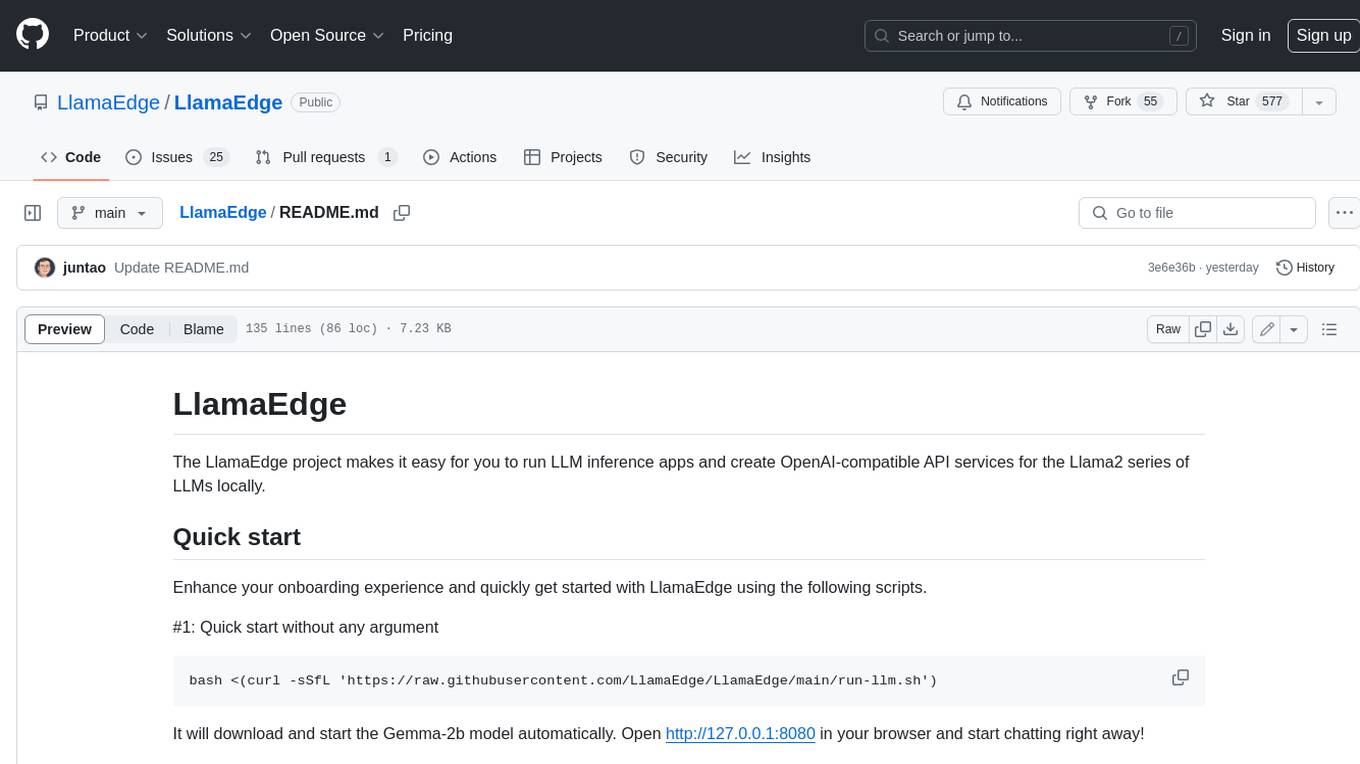
LlamaEdge
The LlamaEdge project makes it easy to run LLM inference apps and create OpenAI-compatible API services for the Llama2 series of LLMs locally. It provides a Rust+Wasm stack for fast, portable, and secure LLM inference on heterogeneous edge devices. The project includes source code for text generation, chatbot, and API server applications, supporting all LLMs based on the llama2 framework in the GGUF format. LlamaEdge is committed to continuously testing and validating new open-source models and offers a list of supported models with download links and startup commands. It is cross-platform, supporting various OSes, CPUs, and GPUs, and provides troubleshooting tips for common errors.
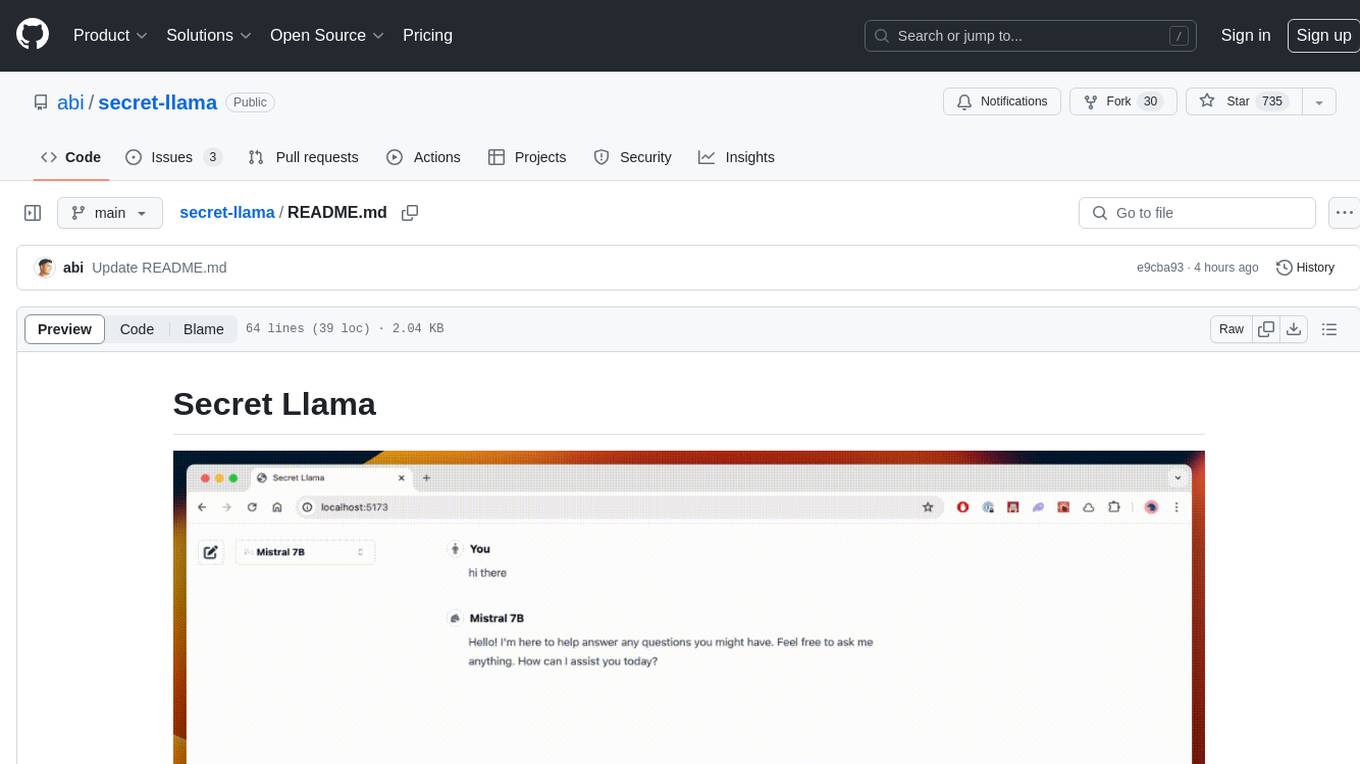
secret-llama
Entirely-in-browser, fully private LLM chatbot supporting Llama 3, Mistral and other open source models. Fully private = No conversation data ever leaves your computer. Runs in the browser = No server needed and no install needed! Works offline. Easy-to-use interface on par with ChatGPT, but for open source LLMs. System requirements include a modern browser with WebGPU support. Supported models include TinyLlama-1.1B-Chat-v0.4-q4f32_1-1k, Llama-3-8B-Instruct-q4f16_1, Phi1.5-q4f16_1-1k, and Mistral-7B-Instruct-v0.2-q4f16_1. Looking for contributors to improve the interface, support more models, speed up initial model loading time, and fix bugs.
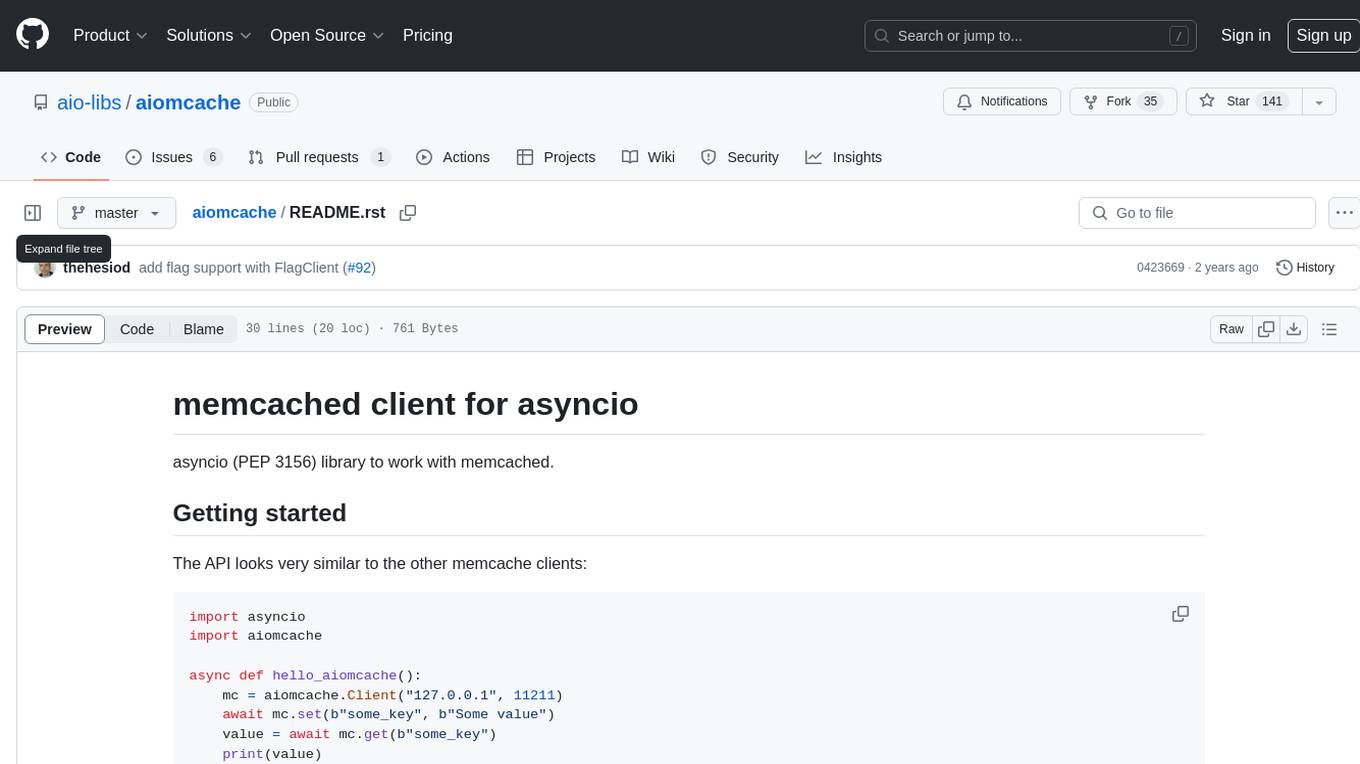
aiomcache
aiomcache is a Python library that provides an asyncio (PEP 3156) interface to work with memcached. It allows users to interact with memcached servers asynchronously, making it suitable for high-performance applications that require non-blocking I/O operations. The library offers similar functionality to other memcache clients and includes features like setting and getting values, multi-get operations, and deleting keys. Version 0.8 introduces the `FlagClient` class, which enables users to register callbacks for setting or processing flags, providing additional flexibility and customization options for working with memcached servers.
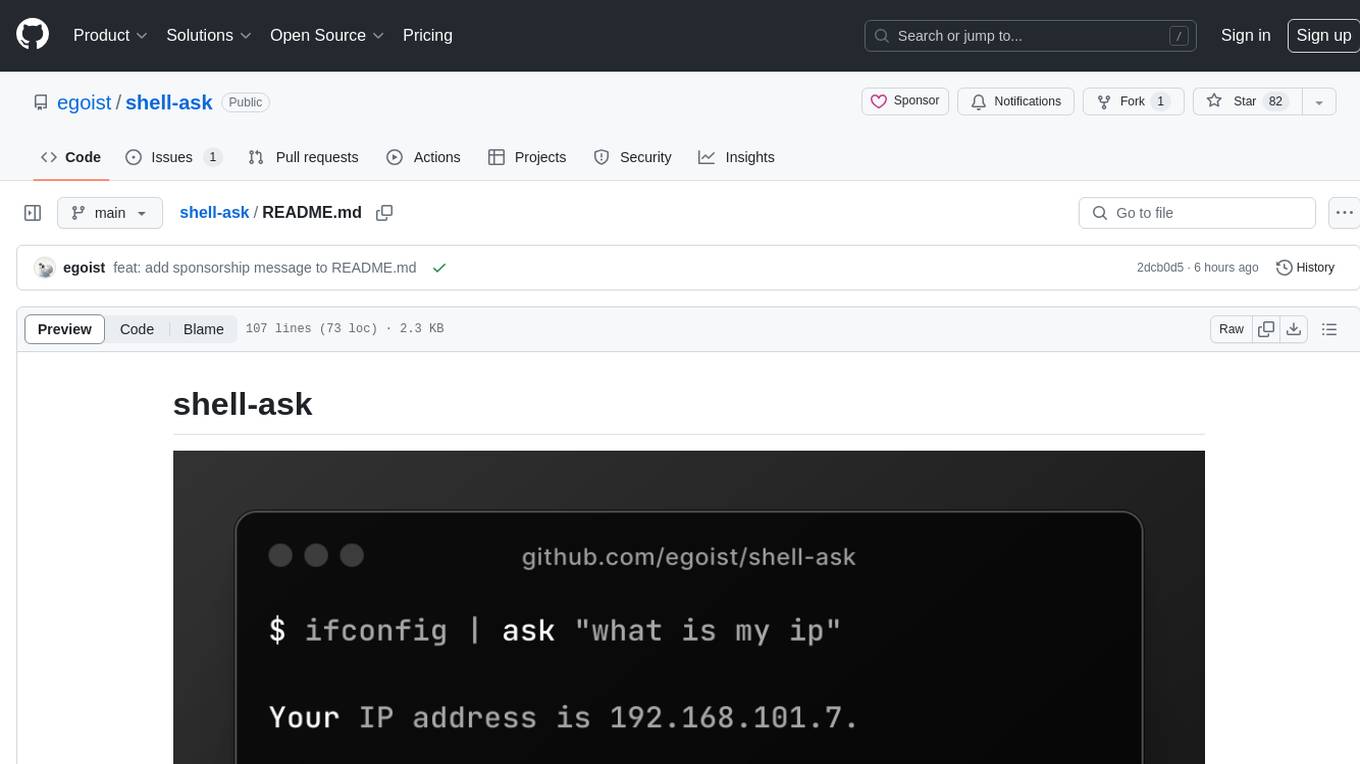
shell-ask
Shell Ask is a command-line tool that enables users to interact with various language models through a simple interface. It supports multiple LLMs such as OpenAI, Anthropic, Ollama, and Google Gemini. Users can ask questions, provide context through command output, select models interactively, and define reusable AI commands. The tool allows piping the output of other programs for enhanced functionality. With AI command presets and configuration options, Shell Ask provides a versatile and efficient way to leverage language models for various tasks.
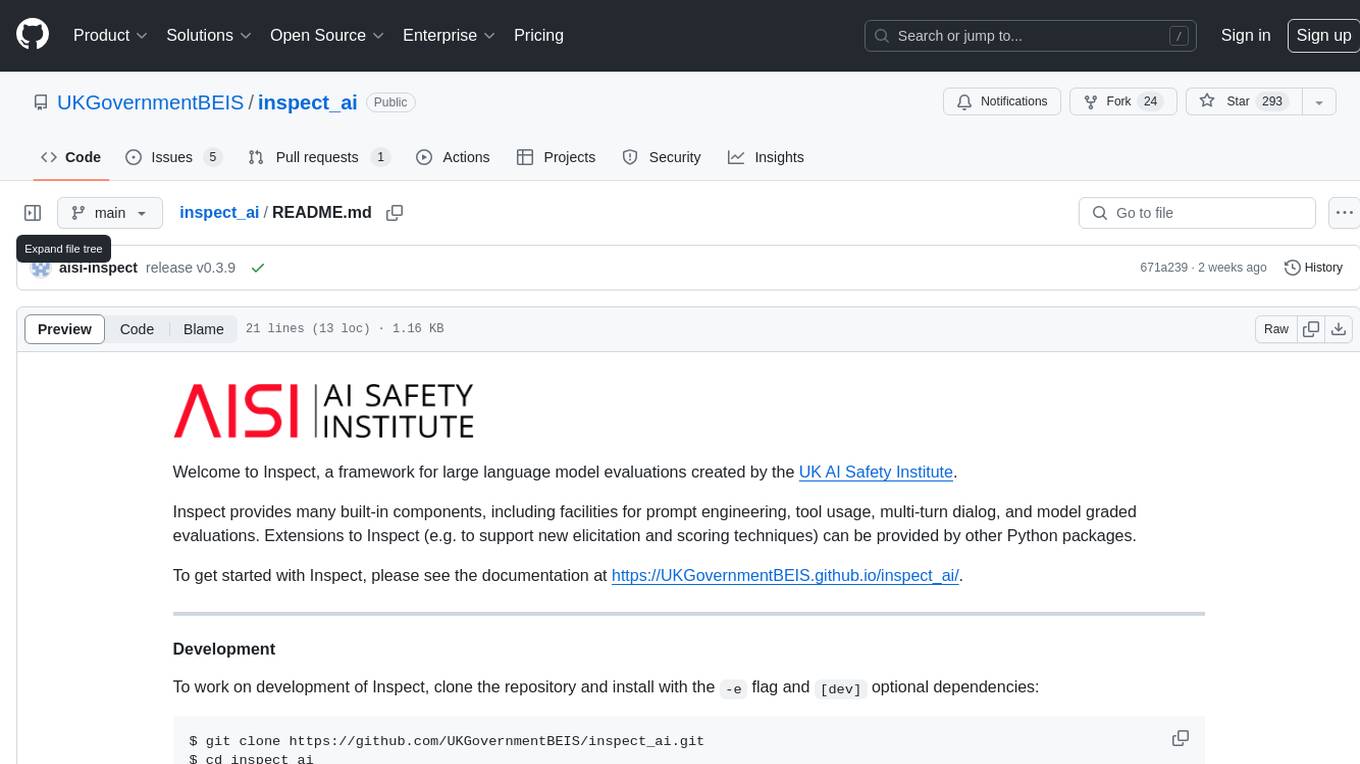
inspect_ai
Inspect AI is a framework developed by the UK AI Safety Institute for evaluating large language models. It offers various built-in components for prompt engineering, tool usage, multi-turn dialog, and model graded evaluations. Users can extend Inspect by adding new elicitation and scoring techniques through additional Python packages. The tool aims to provide a comprehensive solution for assessing the performance and safety of language models.
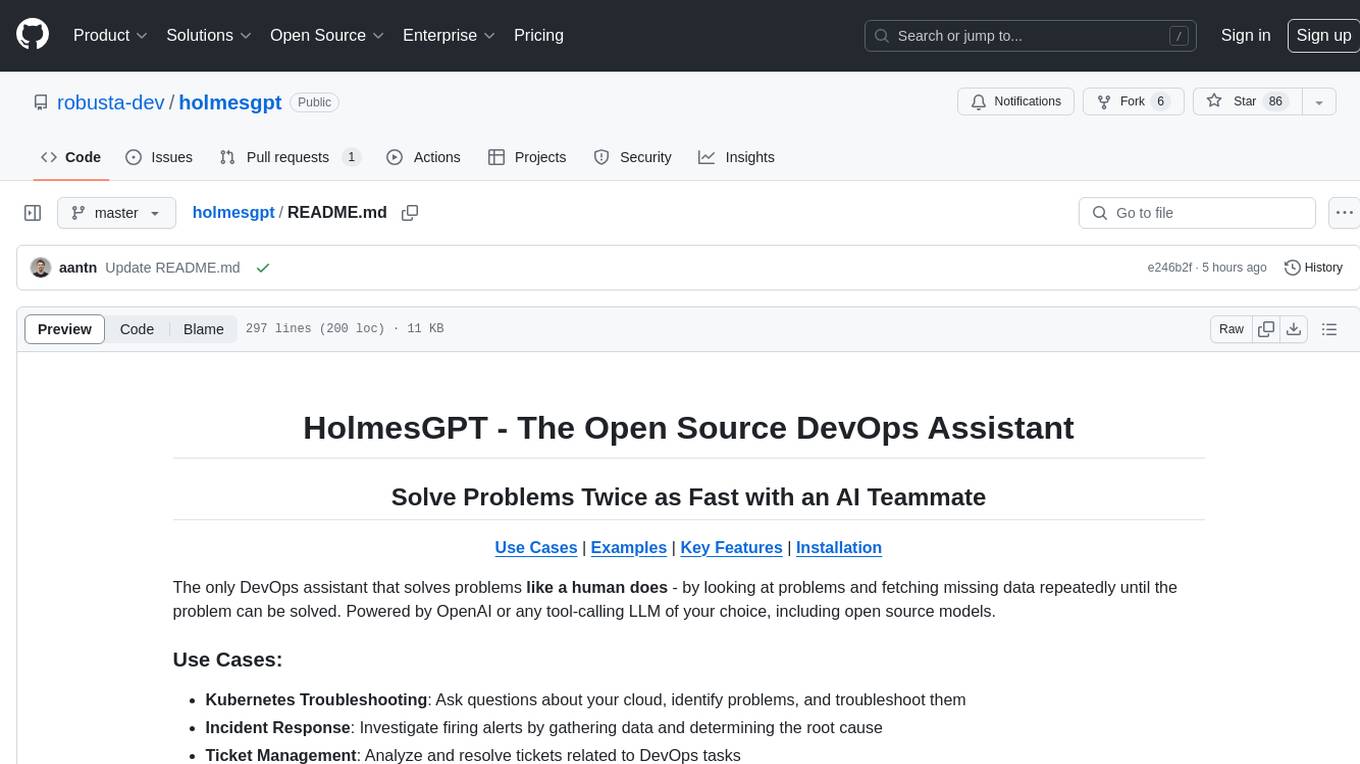
holmesgpt
HolmesGPT is an open-source DevOps assistant powered by OpenAI or any tool-calling LLM of your choice. It helps in troubleshooting Kubernetes, incident response, ticket management, automated investigation, and runbook automation in plain English. The tool connects to existing observability data, is compliance-friendly, provides transparent results, supports extensible data sources, runbook automation, and integrates with existing workflows. Users can install HolmesGPT using Brew, prebuilt Docker container, Python Poetry, or Docker. The tool requires an API key for functioning and supports OpenAI, Azure AI, and self-hosted LLMs.
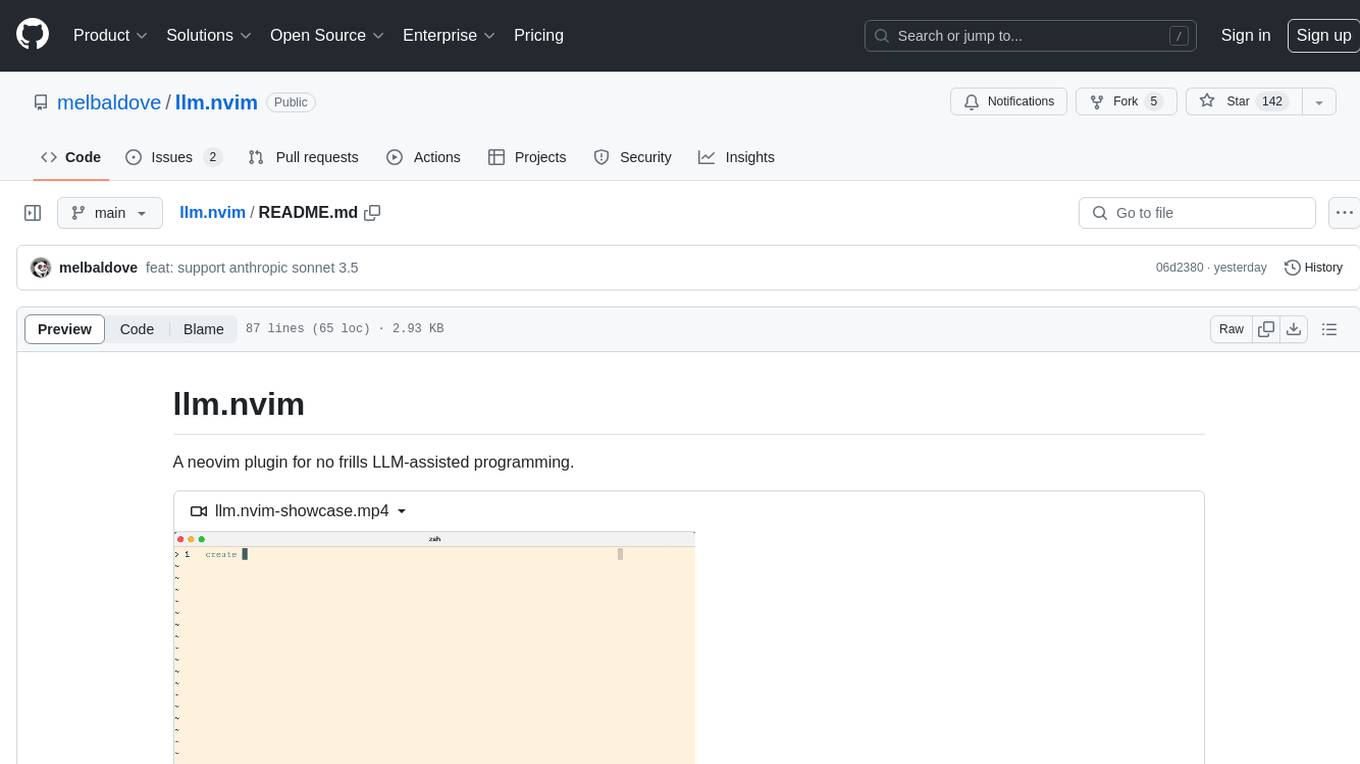
llm.nvim
llm.nvim is a neovim plugin designed for LLM-assisted programming. It provides a no-frills approach to integrating language model assistance into the coding workflow. Users can configure the plugin to interact with various AI services such as GROQ, OpenAI, and Anthropics. The plugin offers functions to trigger the LLM assistant, create new prompt files, and customize key bindings for seamless interaction. With a focus on simplicity and efficiency, llm.nvim aims to enhance the coding experience by leveraging AI capabilities within the neovim environment.

agentcloud
AgentCloud is an open-source platform that enables companies to build and deploy private LLM chat apps, empowering teams to securely interact with their data. It comprises three main components: Agent Backend, Webapp, and Vector Proxy. To run this project locally, clone the repository, install Docker, and start the services. The project is licensed under the GNU Affero General Public License, version 3 only. Contributions and feedback are welcome from the community.

BricksLLM
BricksLLM is a cloud native AI gateway written in Go. Currently, it provides native support for OpenAI, Anthropic, Azure OpenAI and vLLM. BricksLLM aims to provide enterprise level infrastructure that can power any LLM production use cases. Here are some use cases for BricksLLM: * Set LLM usage limits for users on different pricing tiers * Track LLM usage on a per user and per organization basis * Block or redact requests containing PIIs * Improve LLM reliability with failovers, retries and caching * Distribute API keys with rate limits and cost limits for internal development/production use cases * Distribute API keys with rate limits and cost limits for students

lexido
Lexido is an innovative assistant for the Linux command line, designed to boost your productivity and efficiency. Powered by Gemini Pro 1.0 and utilizing the free API, Lexido offers smart suggestions for commands based on your prompts and importantly your current environment. Whether you're installing software, managing files, or configuring system settings, Lexido streamlines the process, making it faster and more intuitive.
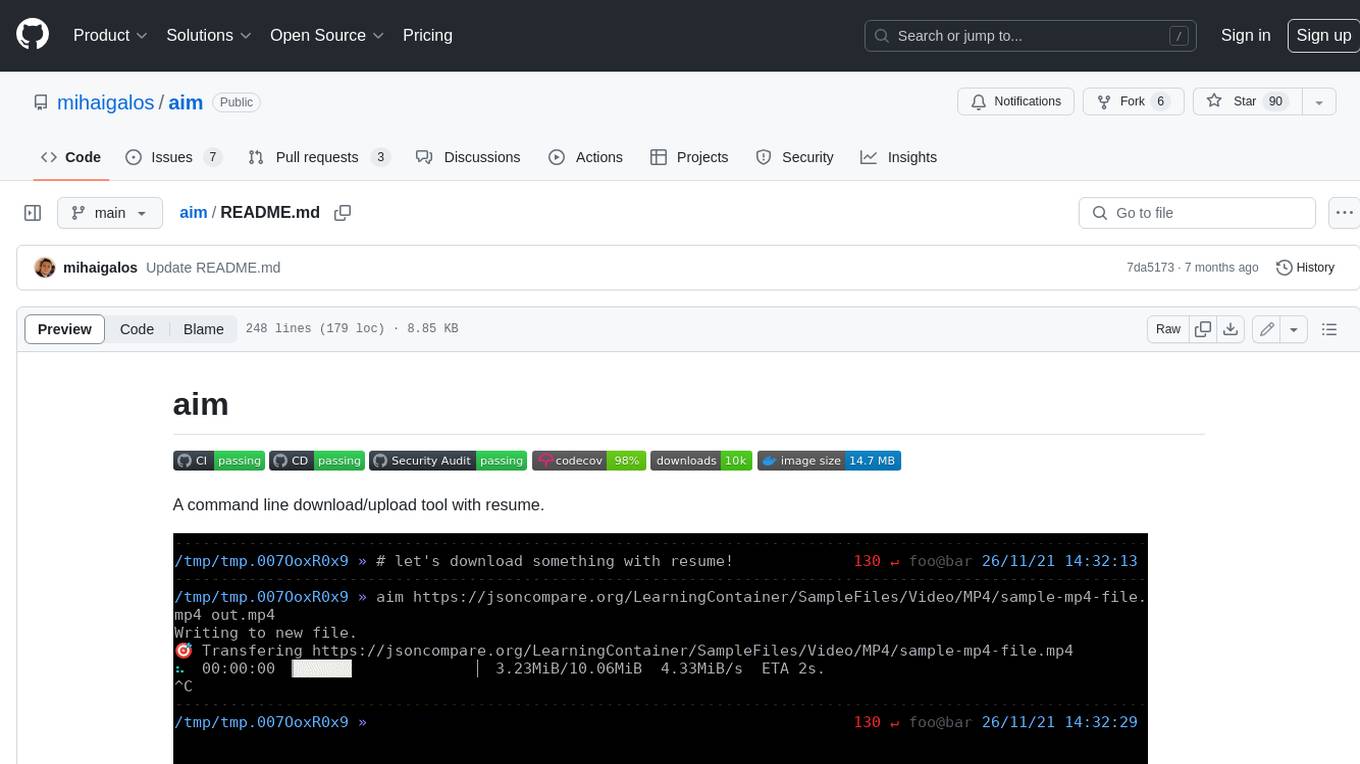
aim
Aim is a command-line tool for downloading and uploading files with resume support. It supports various protocols including HTTP, FTP, SFTP, SSH, and S3. Aim features an interactive mode for easy navigation and selection of files, as well as the ability to share folders over HTTP for easy access from other devices. Additionally, it offers customizable progress indicators and output formats, and can be integrated with other commands through piping. Aim can be installed via pre-built binaries or by compiling from source, and is also available as a Docker image for platform-independent usage.

mistral.rs
Mistral.rs is a fast LLM inference platform written in Rust. We support inference on a variety of devices, quantization, and easy-to-use application with an Open-AI API compatible HTTP server and Python bindings.
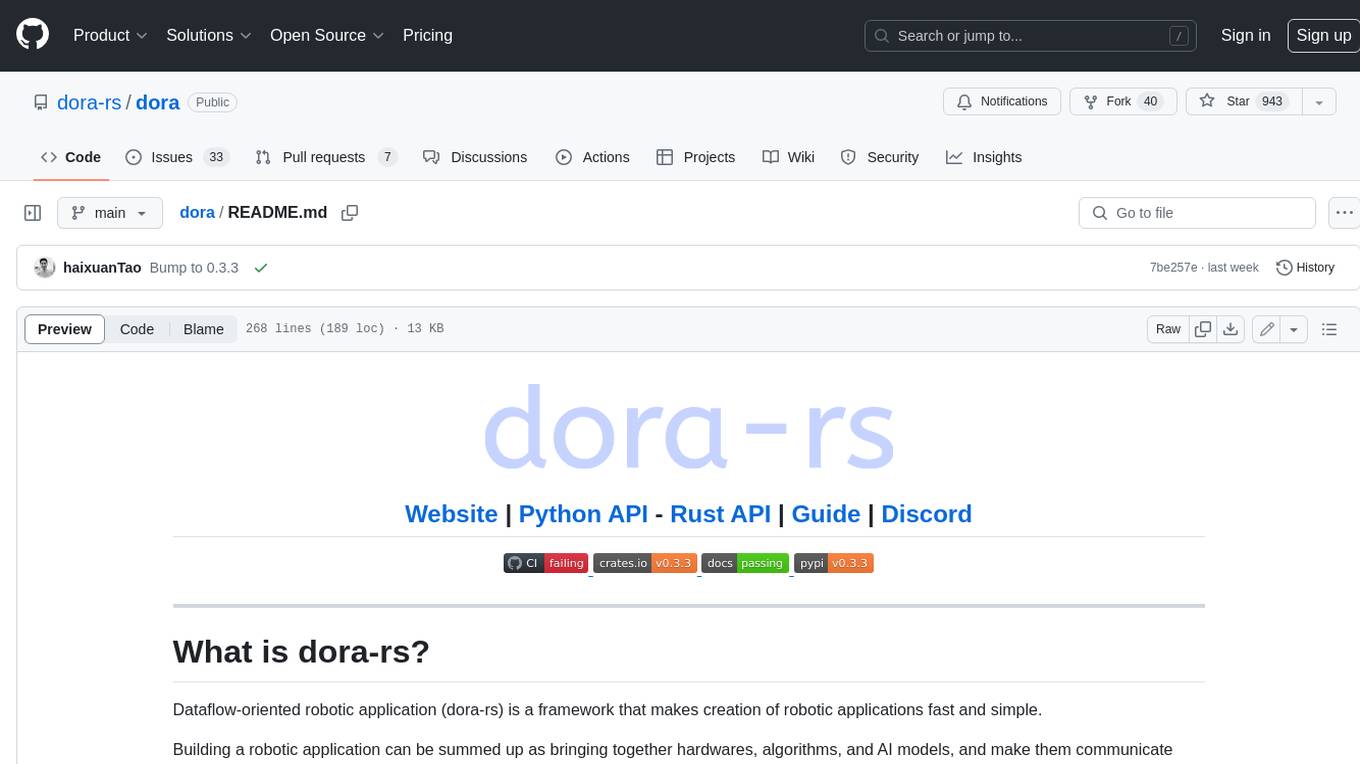
dora
Dataflow-oriented robotic application (dora-rs) is a framework that makes creation of robotic applications fast and simple. Building a robotic application can be summed up as bringing together hardwares, algorithms, and AI models, and make them communicate with each others. At dora-rs, we try to: make integration of hardware and software easy by supporting Python, C, C++, and also ROS2. make communication low latency by using zero-copy Arrow messages. dora-rs is still experimental and you might experience bugs, but we're working very hard to make it stable as possible.
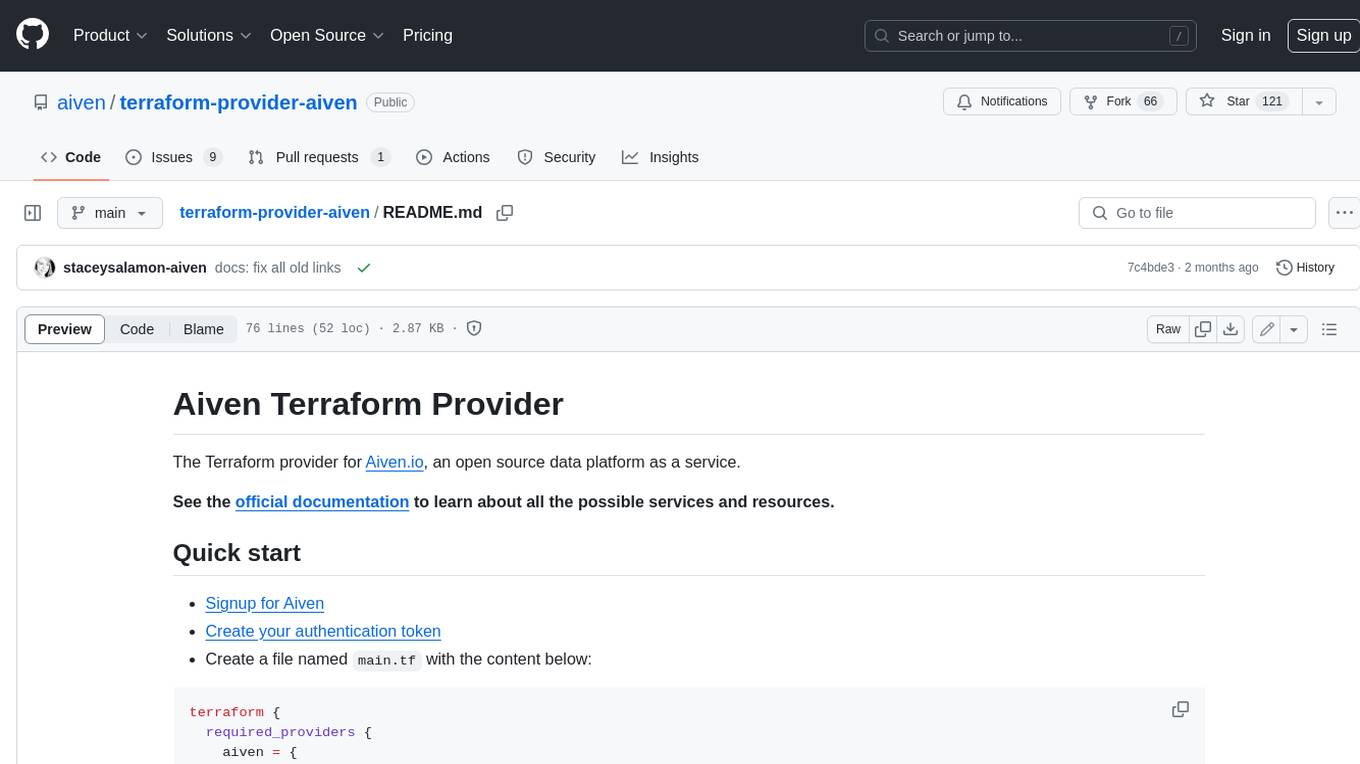
terraform-provider-aiven
The Terraform provider for Aiven.io, an open source data platform as a service. See the official documentation to learn about all the possible services and resources.
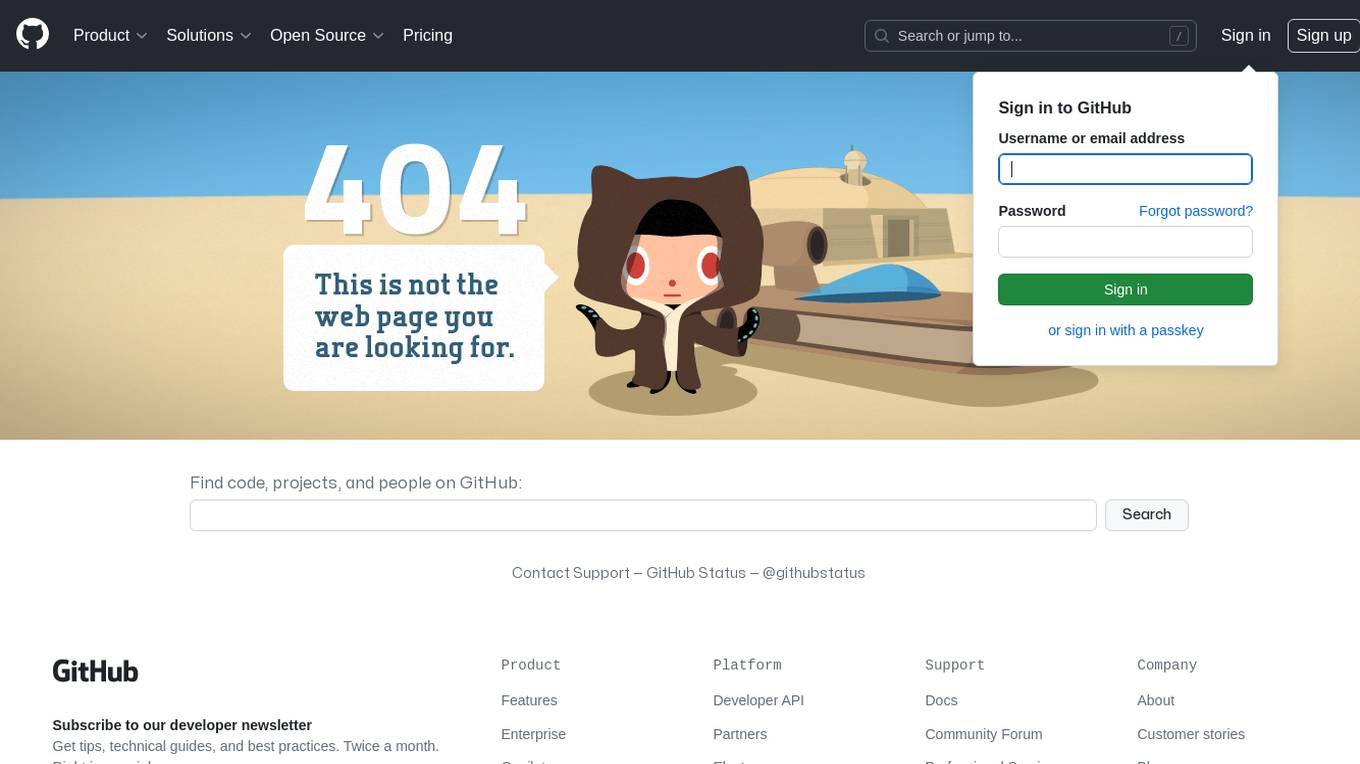
CHATPGT-MEV-BOT
The 𝓜𝓔𝓥-𝓑𝓞𝓣 is a revolutionary tool that empowers users to maximize their ETH earnings through advanced slippage techniques within the Ethereum ecosystem. Its user-centric design, optimized earning mechanism, and comprehensive security measures make it an indispensable tool for traders seeking to enhance their crypto trading strategies. With its current free access, there's no better time to explore the 𝓜𝓔𝓥-𝓑𝓞𝓣's capabilities and witness the transformative impact it can have on your crypto trading journey.
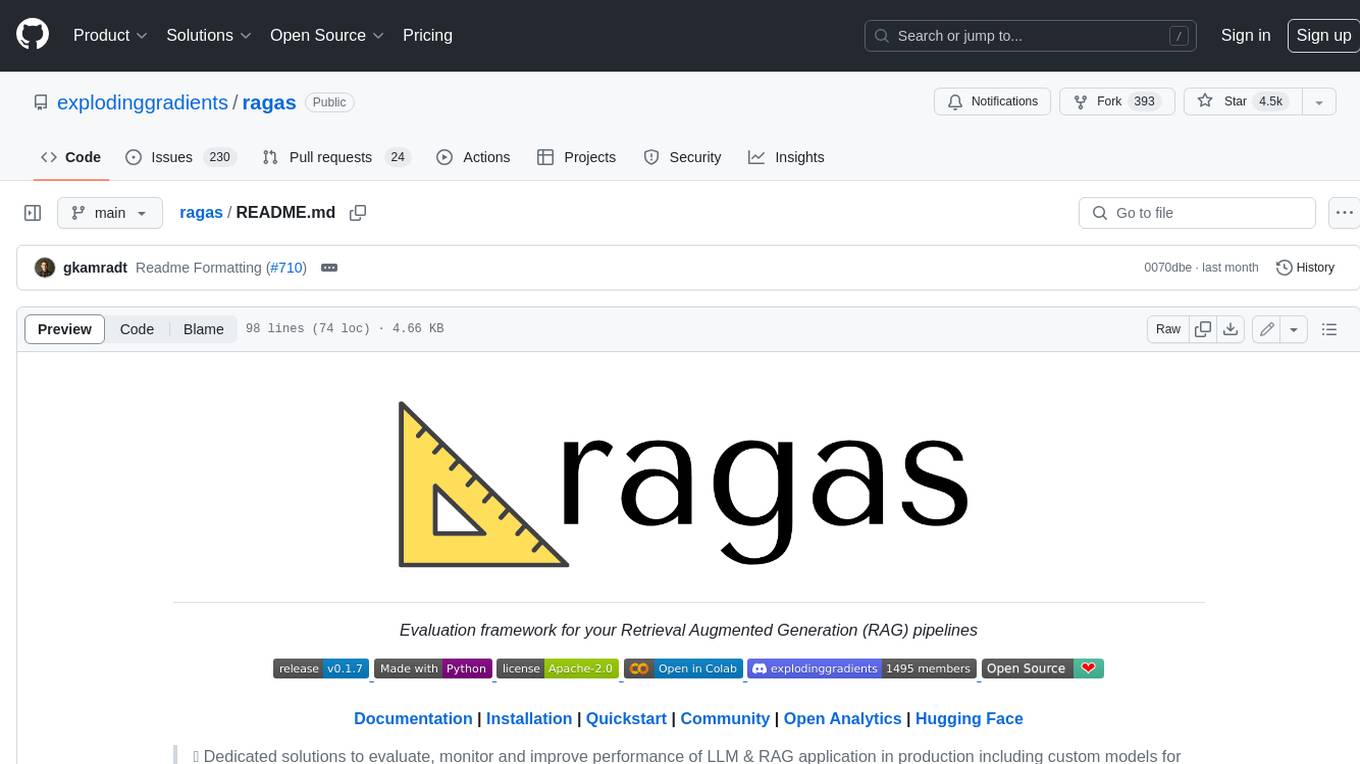
ragas
Ragas is a framework that helps you evaluate your Retrieval Augmented Generation (RAG) pipelines. RAG denotes a class of LLM applications that use external data to augment the LLM’s context. There are existing tools and frameworks that help you build these pipelines but evaluating it and quantifying your pipeline performance can be hard. This is where Ragas (RAG Assessment) comes in. Ragas provides you with the tools based on the latest research for evaluating LLM-generated text to give you insights about your RAG pipeline. Ragas can be integrated with your CI/CD to provide continuous checks to ensure performance.
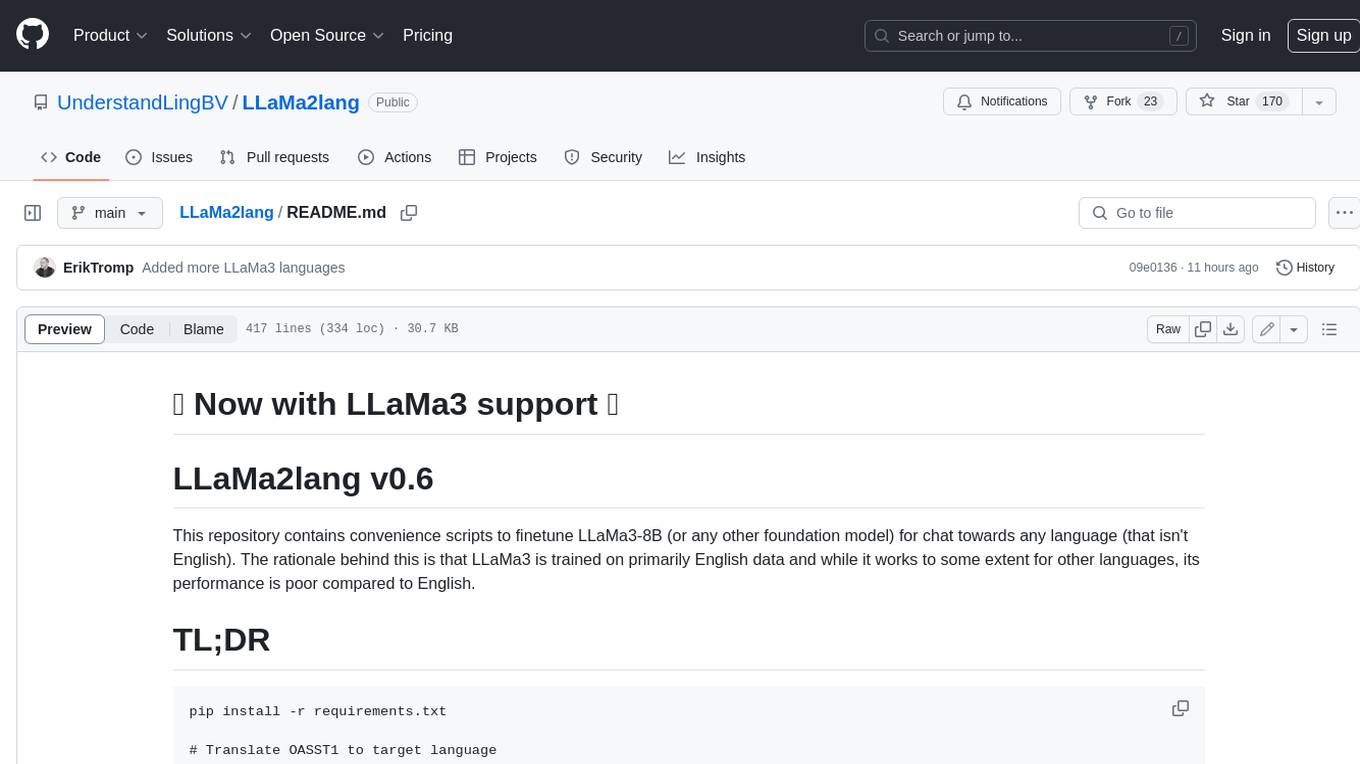
LLaMa2lang
This repository contains convenience scripts to finetune LLaMa3-8B (or any other foundation model) for chat towards any language (that isn't English). The rationale behind this is that LLaMa3 is trained on primarily English data and while it works to some extent for other languages, its performance is poor compared to English.
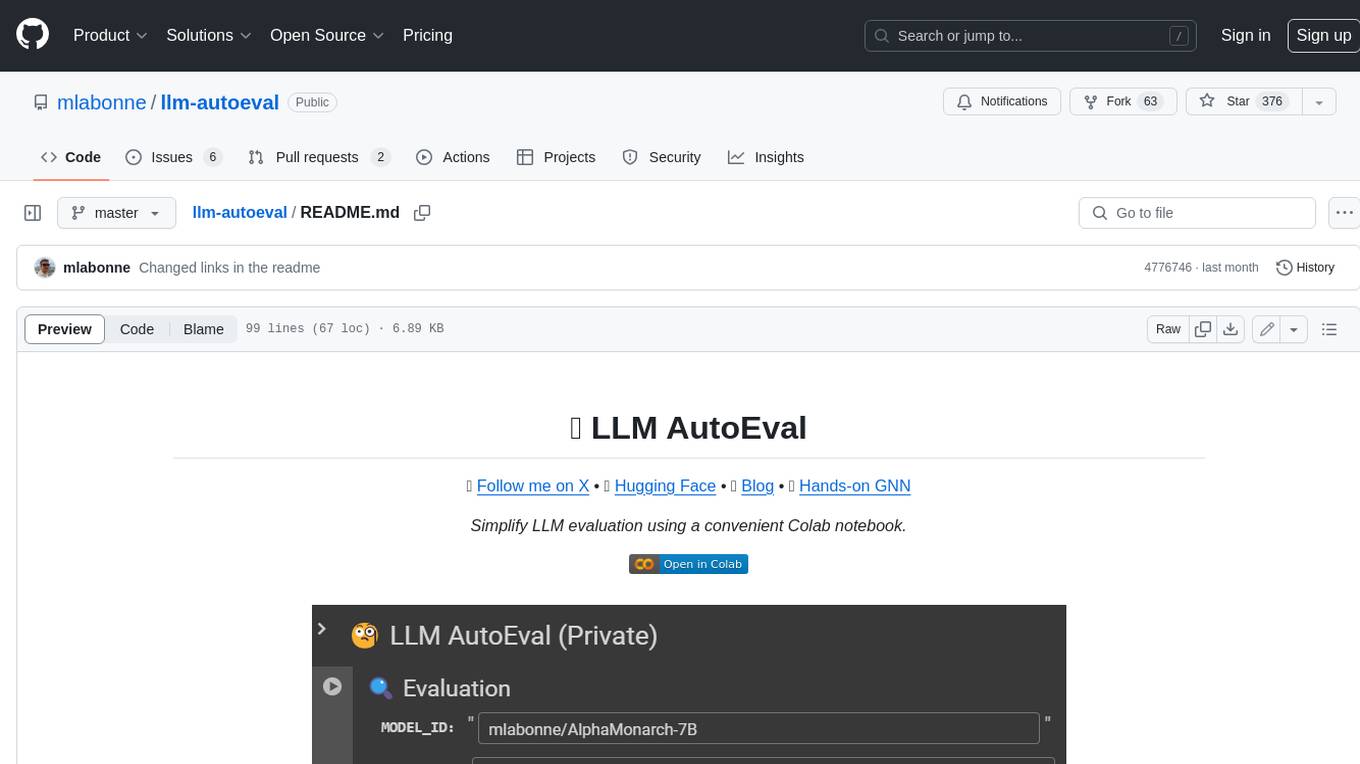
llm-autoeval
LLM AutoEval is a tool that simplifies the process of evaluating Large Language Models (LLMs) using a convenient Colab notebook. It automates the setup and execution of evaluations using RunPod, allowing users to customize evaluation parameters and generate summaries that can be uploaded to GitHub Gist for easy sharing and reference. LLM AutoEval supports various benchmark suites, including Nous, Lighteval, and Open LLM, enabling users to compare their results with existing models and leaderboards.
6 - OpenAI Gpts
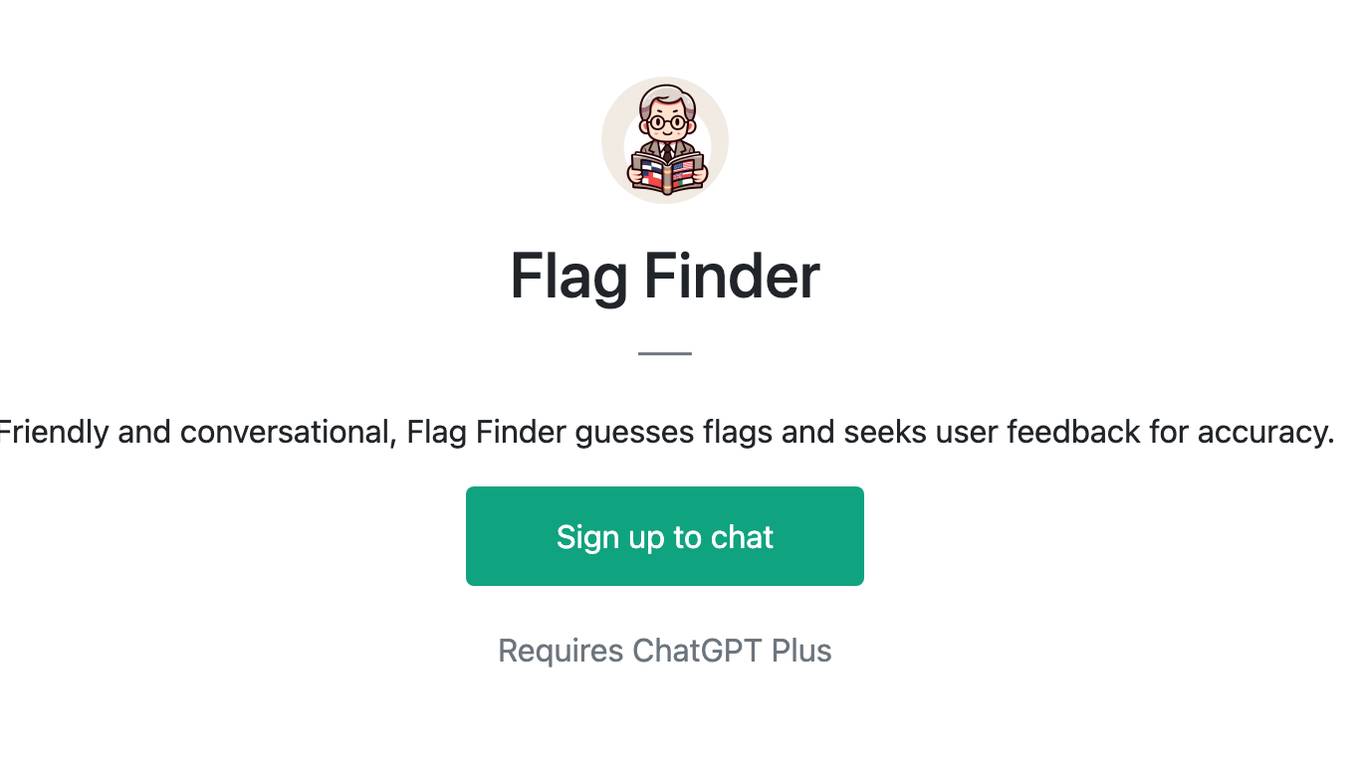
Flag Finder
Friendly and conversational, Flag Finder guesses flags and seeks user feedback for accuracy.
Disclosure-Analysis
Upload disclosure documents, and I will summarize what's going on, identify red flag areas to look closer at, and answer all Q&A!

